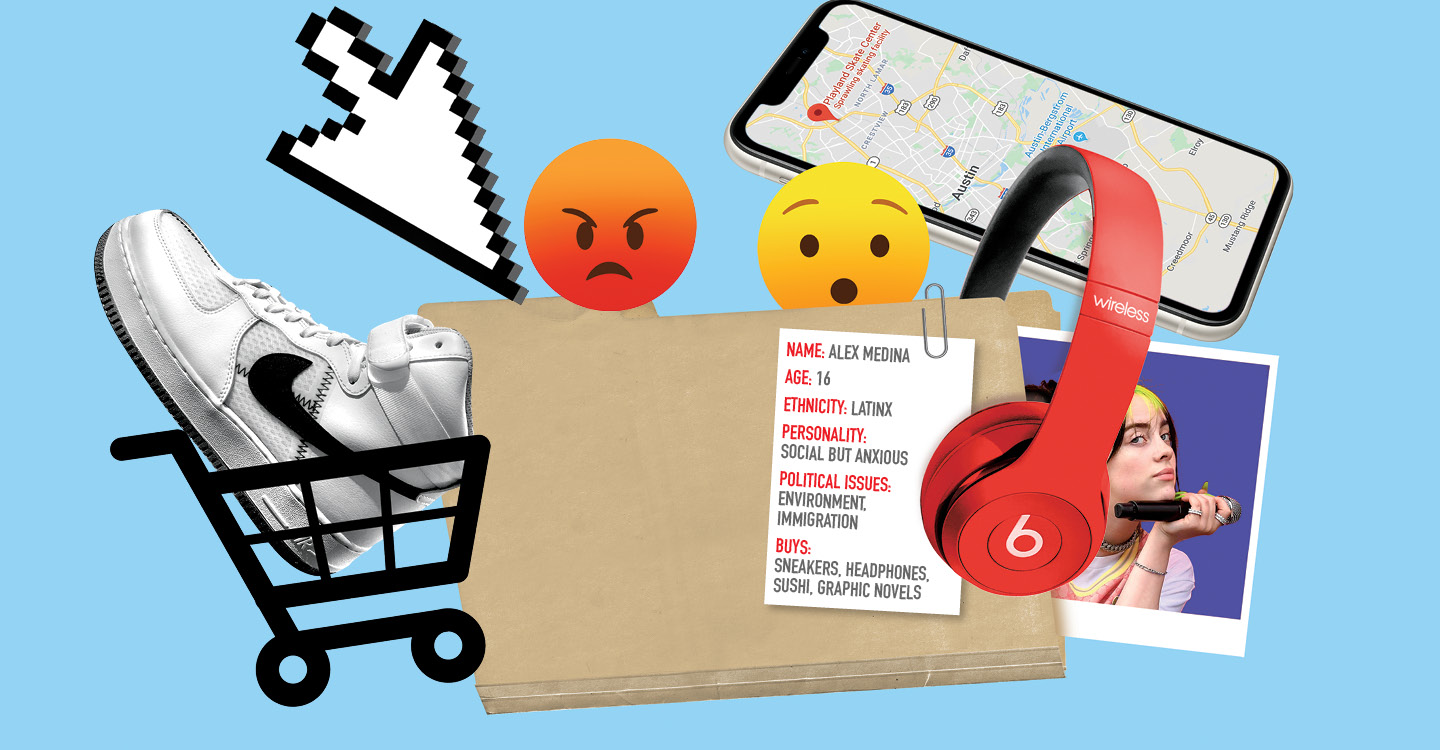People concerned about privacy often try to be “careful” online. They stay off social media, or if they’re on it, they post cautiously. They don’t share information about their religious beliefs, personal life, health status, or political views. They think they’re protecting themselves.
But they are wrong. Because of technological advances and the sheer amount of data now available about billions of other people, discretion no longer suffices to protect your privacy. Computer algorithms and network analyses can now infer, with a sufficiently high degree of accuracy, a wide range of things about you that you may have never disclosed, including your moods, your political beliefs, and your health.
There is no longer such a thing as individually opting out of our privacy-compromised world.
People concerned about privacy often try to be “careful” online. They stay off social media, or if they’re on it, they post cautiously. They don’t share information about their religious beliefs, personal life, health status, or political views. They think they’re protecting themselves.
But they are wrong. Things have changed because of new technology and how easy it’s become to access data about billions of people. Discretion is no longer enough to protect your privacy. Computer algorithms and network analyses can now more accurately infer a wide range of things about you. That includes things you may have never shared, including your moods, your political beliefs, and your health.
Individually opting out of our privacy-compromised world is no longer an option.

